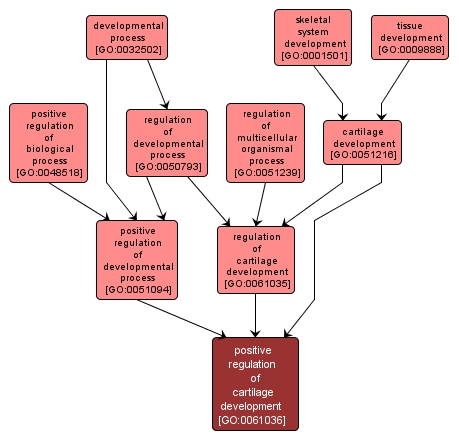| Desc: |
Any process that increases the rate, frequency, or extent of cartilage development, the process whose specific outcome is the progression of the cartilage over time, from its formation to the mature structure. Cartilage is a connective tissue dominated by extracellular matrix containing collagen type II and large amounts of proteoglycan, particularly chondroitin sulfate. |














